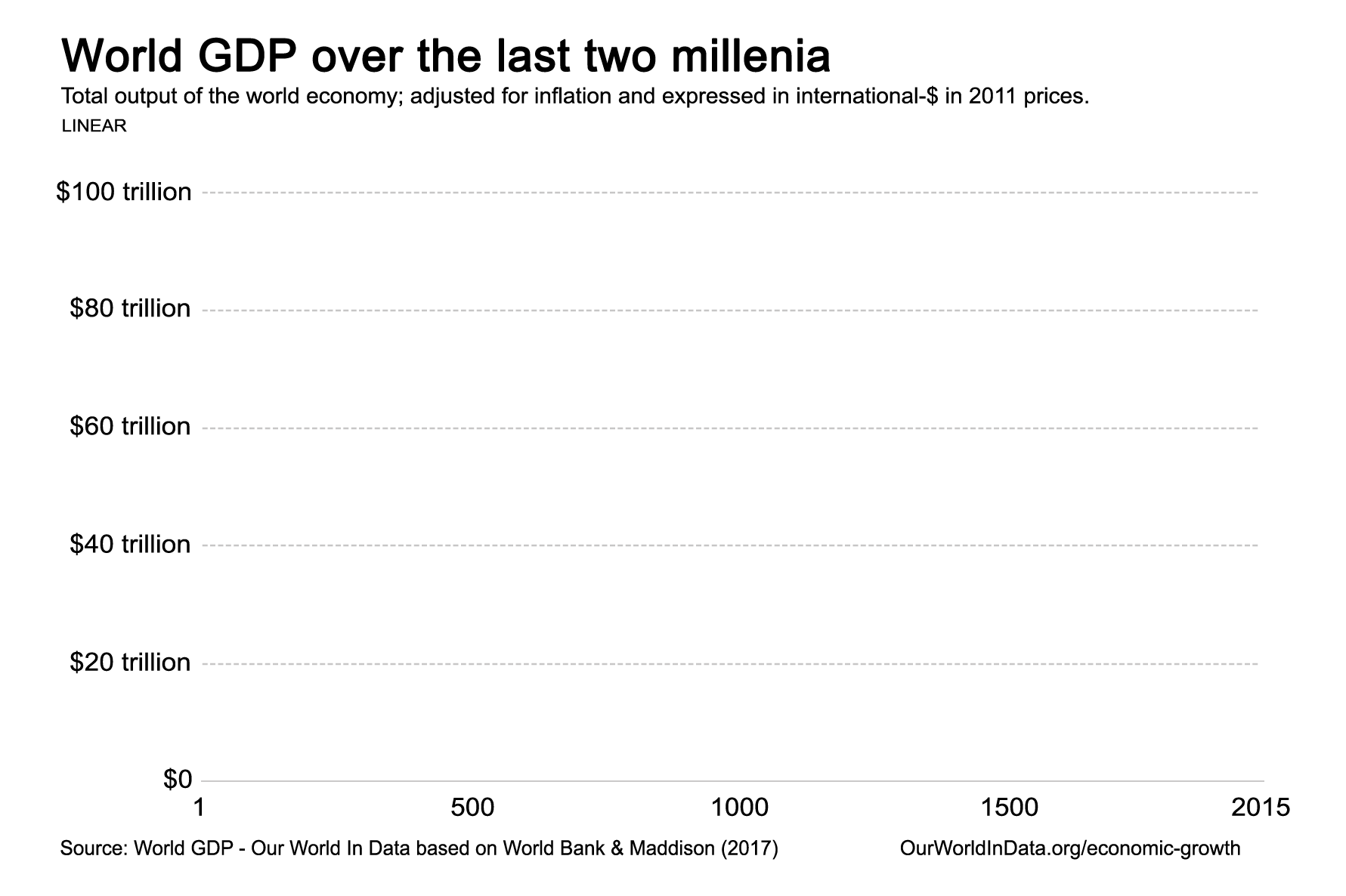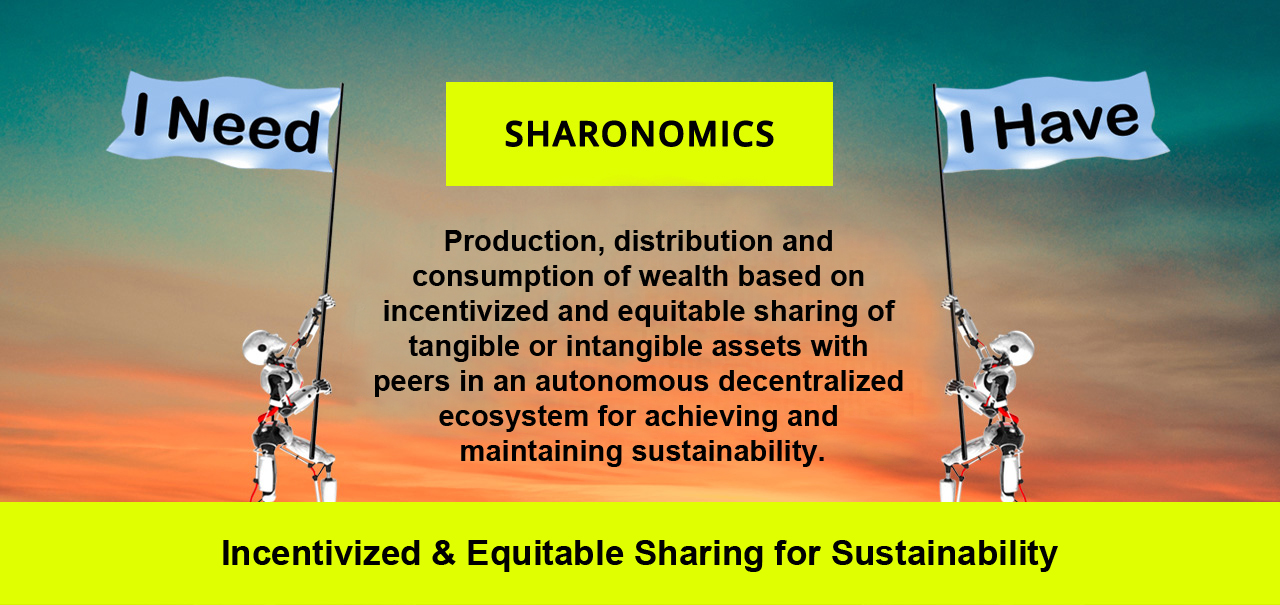The world has moved from the economy of scarcity to the 21st century economy of abundance, but the fabric of economics has not changed. It’s time we adapted to the change.
The modern economics that we know today was developed and defined during the period starting in mid-18th century to the mid-20th century. The old school economic legacy makes scarcity as the mother of economics, advocating –
“the needs far outweigh haves.”
That may well have been the foundational principle of conventional economics, but we look at the world GDP over the last two millennia, and we see a sharp transition from scarcity to abundance as we embark into the 21st century. Therefore, 21st century economics has to go beyond Adam Smith’s “laissez-faire,” Keynesiam “welfare capitalism” and Robbins’ “scarce means”.
Apparently, the “scarce resources” based definition of economics was justified by the scarcity thriving across the world during that era, basically because of the economy’s inability to harvest the resources, introduce liquidity into the harvested resources, and redistribute those resources.
Apparently the “scarce resources” based definition of economics was justified by the scarcity thriving across the world during that era on account of the economy’s inability to harvest the resources, introduce liquidity into the harvested resources, and redistribute those resources.
After the World War-II the world’s capacity to harvest the resources gradually increased reaching exponential proportions towards the beginning of the second millennium. In the process we learned how to optimize the harvest of the resources, and also to a large extent how to introduce liquidity into those assets.
The transition from scarcity to abundance was so fast that we didn’t even realize that in many ways the economic theories built by the founders of the modern economics weren’t as much relevant to the economy of 21st century.
With over a quadrillion worth of assets and trillions of it sitting on the sidelines as cash waiting to be invested we are indeed living in abundance.
The 21st century economics indeed is no more about scarce resources. The issue is one of harvesting the resources, creating liquidity and redistributing them.
Sharonomics does that seamlessly, equitably in an incentivized ecosystem that enables decentralized sharing of assets between peers by securely connecting those who “HAVE” with those who “NEED
Sharonomics is a portmanteau word of “share” & “economics” that introduces a new branch of knowledge concerned with the production, distribution and consumption of wealth based on incentivized and equitable sharing of tangible or intangible assets with peers in an autonomous decentralized ecosystem for achieving and maintaining sustainability.

